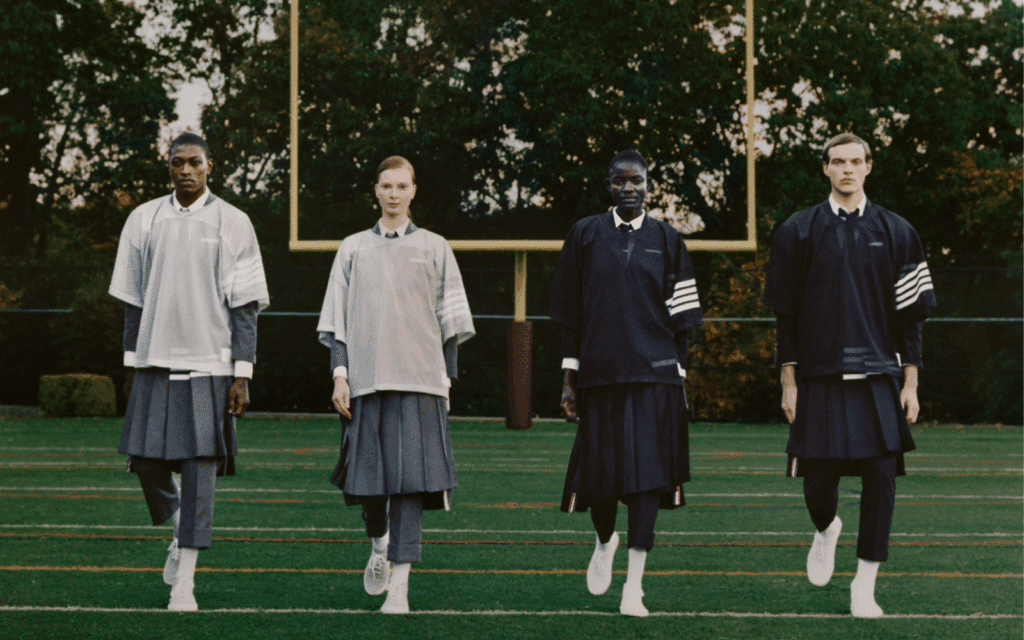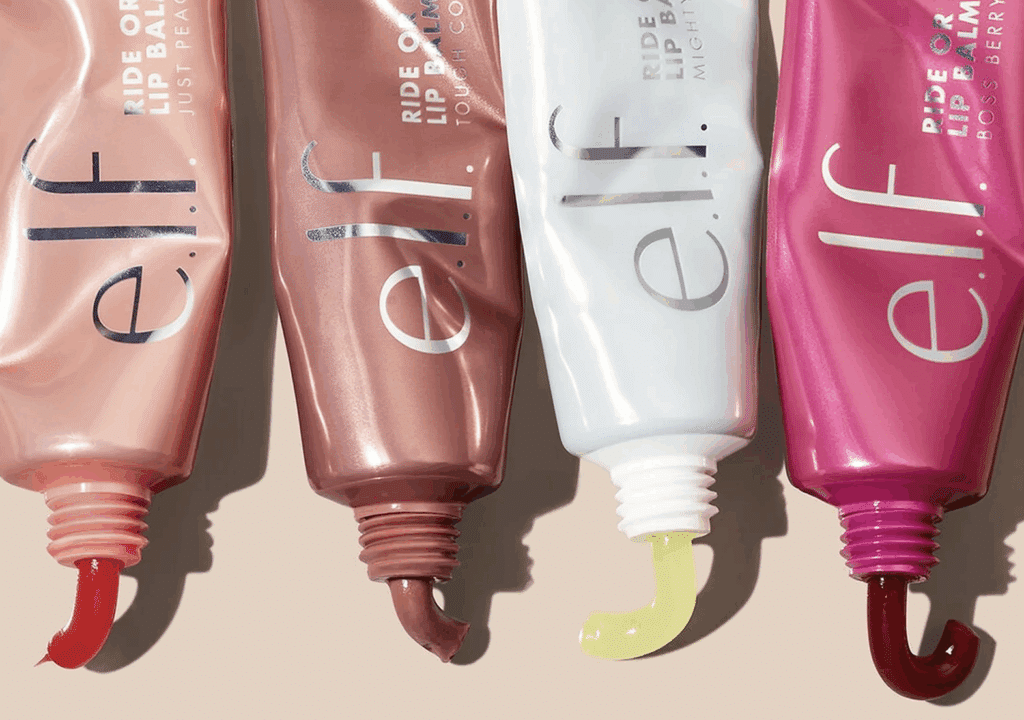A closely-watched lawsuit over an “anticompetitive” scheme that allegedly saw Saks Fifth Avenue conspire with luxury brands to control the wages and certain job conditions of luxury retail employees has been voluntarily dismissed in its entirety by the plaintiffs. The decision to drop the case brings an end to years of litigation over allegations that Saks and brands like Louis Vuitton, Gucci, Prada, Loro Piana, and Brunello Cucinelli engaged in an illegal “no-poaching” scheme that violated federal antitrust law.
Originally filed in 2020 in federal court in Brooklyn, the lawsuit centered on claims that the American arms of Louis Vuitton, Fendi, Loro Piana, Gucci, Prada, and Brunello Cucinelli (collectively, the “Brand Defendants”) and Saks entered into a no-poaching pact by which the Brand Defendants agreed not to hire any Saks luxury retail employees unless Saks approved the hires or the employees had not been employed at Saks for at least six months. The plaintiffs – all former Saks luxury retail employees – alleged that this arrangement violated Section 1 of the Sherman Act by limiting mobility and artificially suppressing wages across the luxury retail industry.
In February 2023, the case was dismissed by the U.S. District Court for the Eastern District of New York. While the court acknowledged that the alleged conduct resembled other no-hire agreements found to potentially violate antitrust law, it ultimately sided with Saks and the Brand Defendants, ruling that the agreements were “ancillary restraints” tied to legitimate business collaborations – namely, the operation of leased brand boutiques within Saks stores.
That ruling prompted the U.S. Department of Justice and attorneys general from nearly two dozen states to file amicus briefs urging the U.S. Court of Appeals for the Second Circuit to revive the case. They argued that the district court misapplied legal standards around ancillary restraints and failed to recognize the continuing harm caused by such no-poach agreements. Oral arguments were held earlier this week, with plaintiffs urging the appeals panel to reverse the dismissal and allow the case to proceed.
However, before the appellate court could rule (the parties argued before the Second Circuit in March 2024), the plaintiffs have opted to voluntarily dismiss the case in full – and with prejudice, as first reported by TFL, thereby, ending the legal battle without a resolution on the merits.
The case is part of a broader crackdown on no-poach agreements, which have drawn increasing scrutiny from federal and state regulators in recent years. Despite the dismissal, the litigation spotlighted ongoing concerns about anti-competitive practices in the retail labor market and may influence future enforcement and policy efforts surrounding employee mobility and wage suppression.
The case is Giordano et al. v. Saks Incorporated et al., 1:20-cv-00833 (EDNY).














